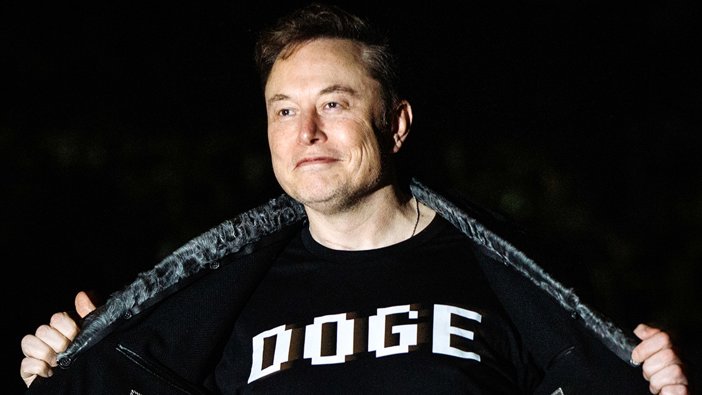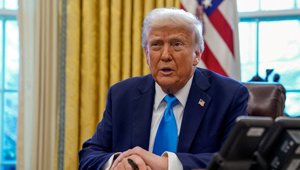
DOGE Cuts $5M in Federal Software Waste
DOGE uncovers excessive software spending, saving $5M annually by eliminating unused licenses in IRS, SEC, and Labor.
Federal Efficiency Drive Targets Redundant Software Licenses
The Department of Government Efficiency (DOGE) has eliminated over $5 million in annual wasteful spending after uncovering massive overuse of software licenses across federal agencies. In a sweeping audit, DOGE identified cases where agencies were paying for thousands of software licenses—most of which were never used.
Among the most striking findings was the Internal Revenue Service, which paid for 3,000 licenses of a specific software but used only 25. After DOGE’s audit flagged the discrepancy, the department immediately cut 99% of the licenses.
“Agencies often have more software licenses than employees, and the licenses are often idle,” DOGE explained in a post on X. “These audits have been continuously run since first posted in February.”
The Department of Labor cut 68% of its unused project planning software licenses. Similarly, the Securities and Exchange Commission discovered it was only using 22% of its remote desktop tools and eliminated 78% of related licenses.
Collectively, these actions saved more than $5 million annually, according to DOGE’s latest update. The agency’s transparency and audit efforts aim to pinpoint inefficiencies that often go unchecked in government IT infrastructure.
GSA License Overload Highlights Systemic Waste
Earlier this year, DOGE raised concerns over the U.S. General Services Administration (GSA), which was paying for far more software than its staffing levels warranted. GSA, with 13,000 employees, had 37,000 WinZip licenses, 19,000 training software subscriptions, 7,500 project management licenses for a 5,500-person division, and three ticketing systems.
These findings prompted DOGE to expand its software license audits across other agencies. The audits focus on aligning software expenditures with actual usage, reducing contract bloat, and modernizing IT purchasing practices.
The broader push aligns with DOGE’s mandate to cut $2 trillion from the federal budget. While the agency has so far saved roughly $175 billion through asset sales, canceled contracts, and reduced fraud payments, DOGE expects its long-term efforts to reach even greater heights.
Elon Musk, who stepped down as the face of DOGE, addressed the cost-saving mission during remarks at the White House on Friday. He expressed confidence that the initiative would eventually slash $1 trillion in wasteful government spending.
“The DOGE influence will only grow stronger,” Musk said. “It’s like a way of life, permeating throughout the government. And I'm confident that, over time, we'll see $1 trillion of savings, and a reduction in $1 trillion of waste, fraud reduction.”
According to DOGE’s website, the savings to date equate to approximately $1,087 per taxpayer. As the audits continue, the agency is expected to uncover additional inefficiencies and extend reforms across all federal departments.






